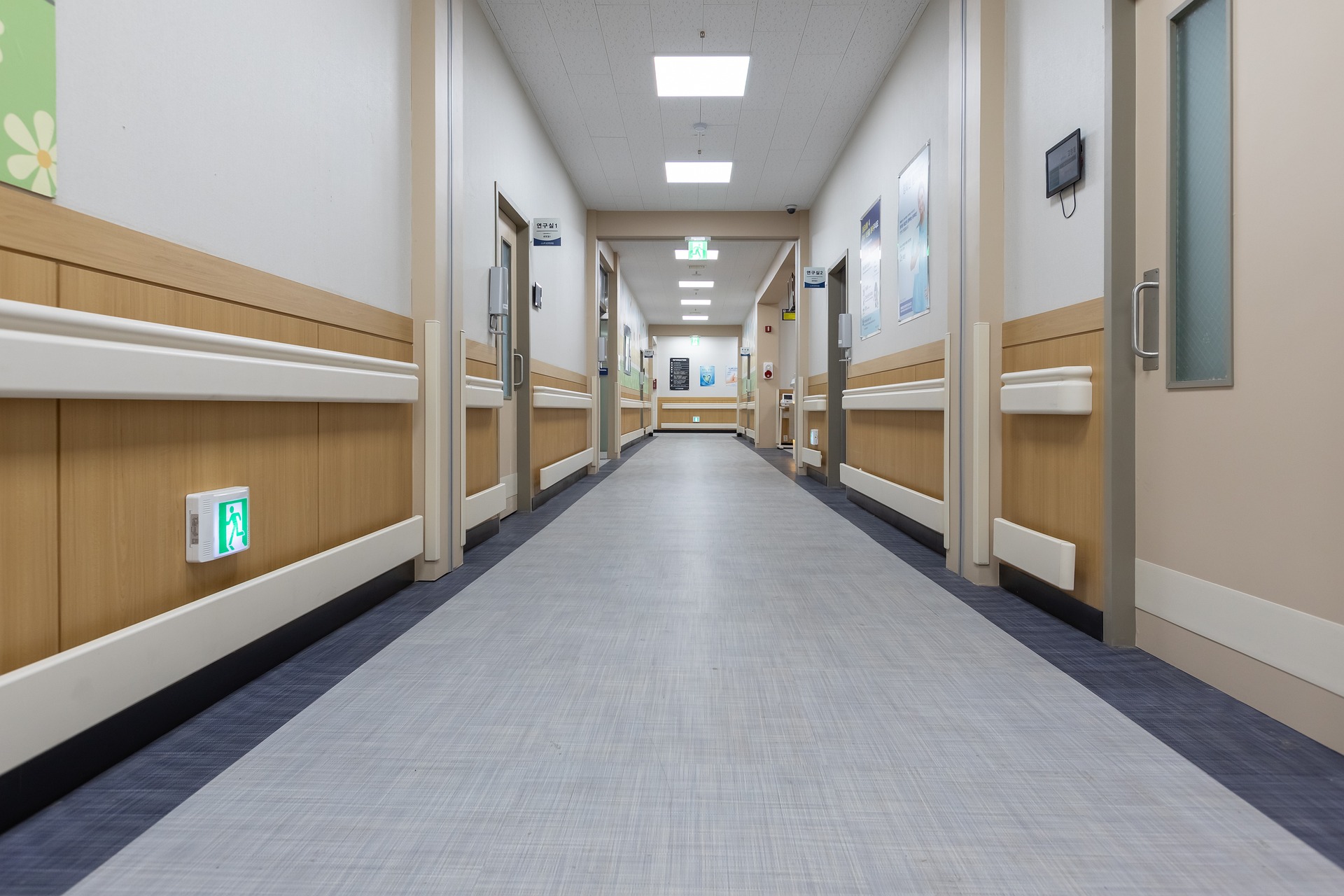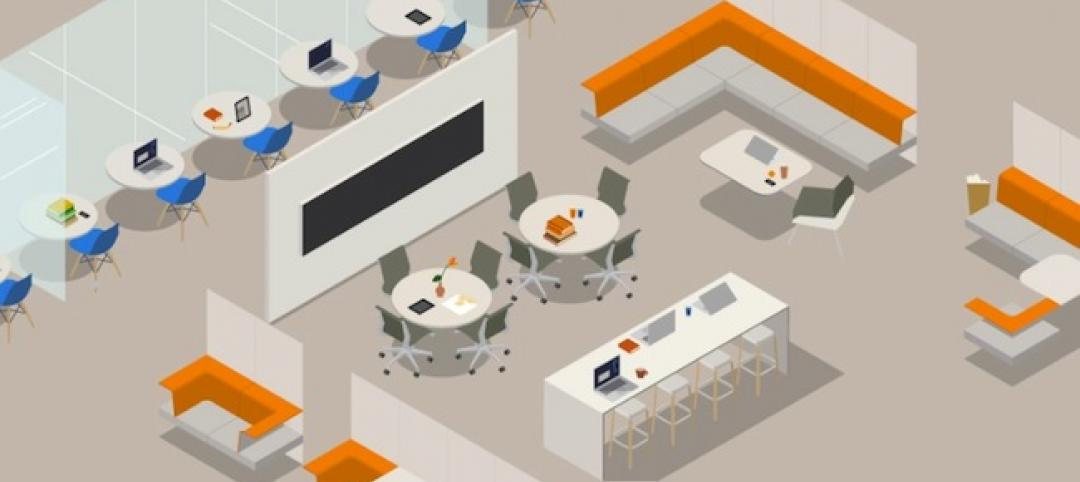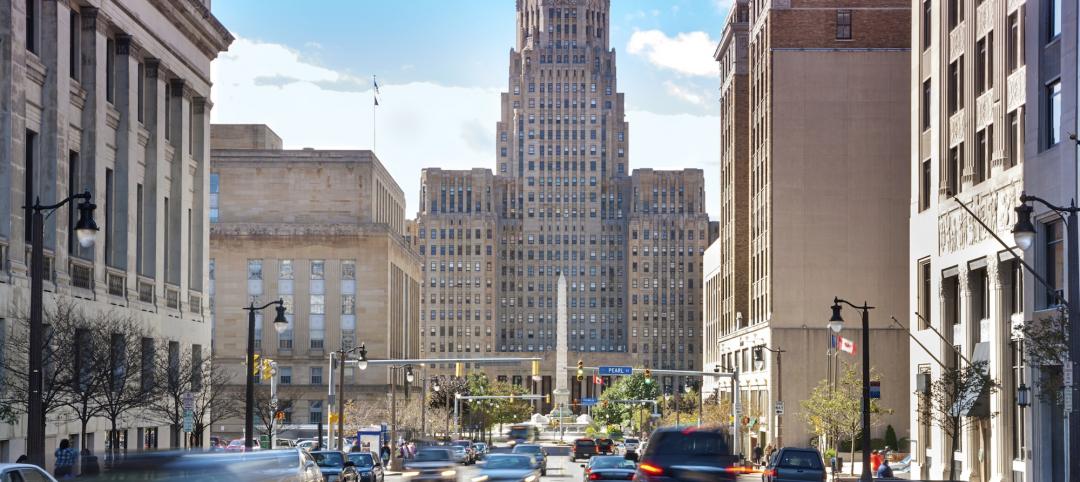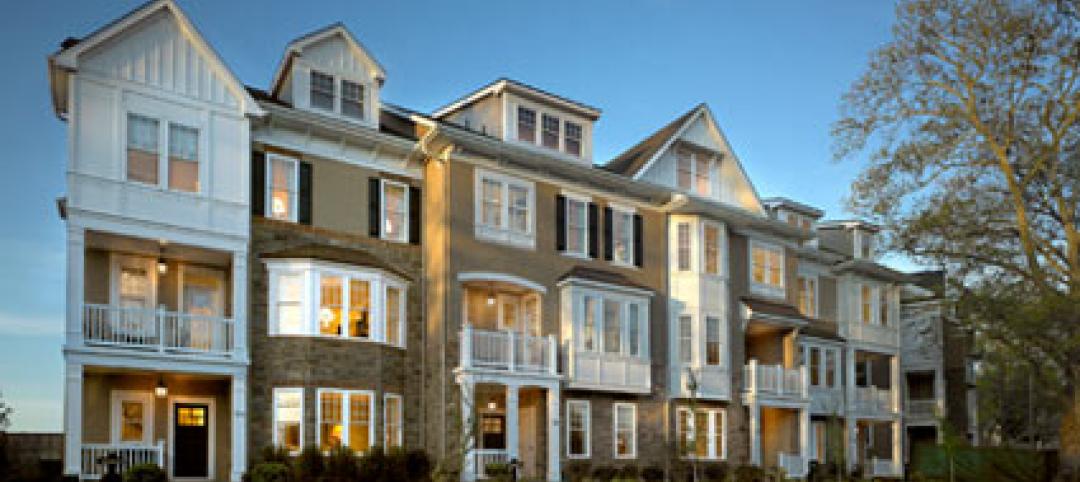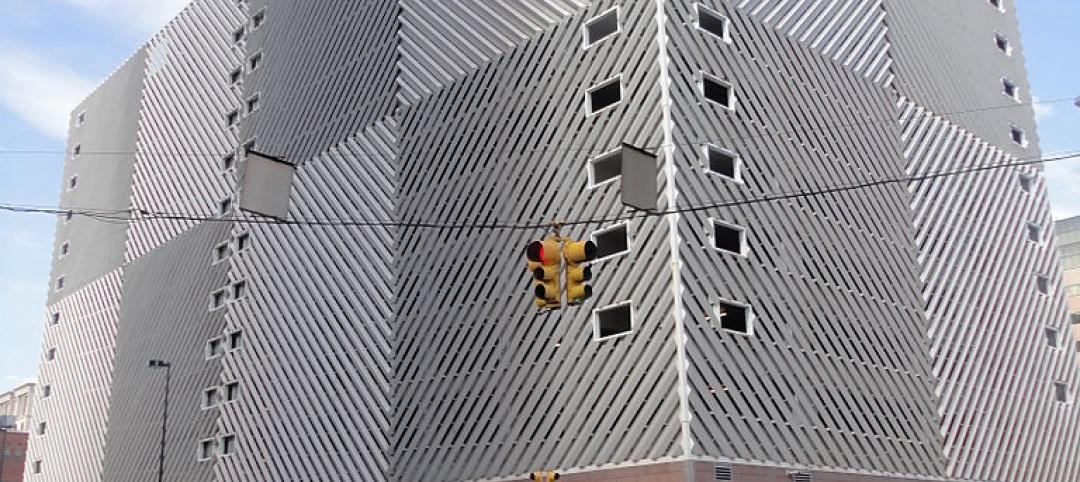In the ever-evolving landscape of healthcare, the construction of state-of-the-art facilities is a visible testament to the sector's commitment to advancing patient care. However, this progress does not come without its challenges. The industry is grappling with a complex web of factors that escalate construction costs, test its resilience, and underscore the importance of reliable, up-to-date construction cost data.
According to Gordian’s RSMeans Data Online Building Models, the national average cost per square foot for commercial new construction of hospitals is nearly 20% higher today than in 2020. In addition to rising construction costs, other key challenges include integrating new technologies, sourcing skilled labor, managing material availability, and implementing infection control protocols. These factors can significantly impact project budgets and timelines.
More building construction cost reports from Gordian:
- Retail center construction costs for 2024
- K-12 school construction costs for 2024
- Healthcare construction costs for 2023
- Higher education construction costs for 2023
- Hospitality building construction costs for 2023
Current, localized construction cost data is crucial for creating accurate budgets, planning future expansions, ensuring timely project completion, and maintaining a competitive edge.
Gordian’s data features over 100 building models, including hospital buildings. These localized models allow architects, engineers, and other preconstruction professionals to quickly and accurately create conceptual estimates for future builds. This table shows a five-year view of costs per square foot for three-story hospital buildings.
Visit rsmeans.com/bdandc for more information about Gordian’s RSMeans Data.
Please note: Square foot models are used for planning and budgeting and are not meant for detailed estimates.
Related Stories
| Jun 18, 2014
Arup uses 3D printing to fabricate one-of-a-kind structural steel components
The firm's research shows that 3D printing has the potential to reduce costs, cut waste, and slash the carbon footprint of the construction sector.
| Jun 16, 2014
6 U.S. cities at the forefront of innovation districts
A new Brookings Institution study records the emergence of “competitive places that are also cool spaces.”
| Jun 12, 2014
Austrian university develops 'inflatable' concrete dome method
Constructing a concrete dome is a costly process, but this may change soon. A team from the Vienna University of Technology has developed a method that allows concrete domes to form with the use of air and steel cables instead of expensive, timber supporting structures.
| Jun 11, 2014
5 ways Herman Miller's new office concept rethinks the traditional workplace
Today's technologies allow us to work anywhere. So why come to an office at all? Herman Miller has an answer.
| Jun 9, 2014
Green Building Initiative launches Green Globes for Sustainable Interiors program
The new program focuses exclusively on the sustainable design and construction of interior spaces in nonresidential buildings and can be pursued by both building owners and individual lessees of commercial spaces.
Smart Buildings | Jun 8, 2014
Big Data: How one city took control of its facility assets with data
Over the past few years, Buffalo has developed a cutting-edge facility management program to ensure it's utilizing its facilities and operations as efficiently, effectively, and sustainably as possible.
| Jun 4, 2014
Emerging trends in healthcare development: neighborhood care, mixed-use models on the rise
In urban and even suburban markets, real estate is about the "live, work, play," with close proximity to mass transit and other amenities, like retail stores. Healthcare organizations are following suit.
| Jun 2, 2014
Parking structures group launches LEED-type program for parking garages
The Green Parking Council, an affiliate of the International Parking Institute, has launched the Green Garage Certification program, the parking industry equivalent of LEED certification.
| May 29, 2014
7 cost-effective ways to make U.S. infrastructure more resilient
Moving critical elements to higher ground and designing for longer lifespans are just some of the ways cities and governments can make infrastructure more resilient to natural disasters and climate change, writes Richard Cavallaro, President of Skanska USA Civil.
| May 23, 2014
Top interior design trends: Gensler, HOK, FXFOWLE, Mancini Duffy weigh in
Tech-friendly furniture, “live walls,” sit-stand desks, and circadian lighting are among the emerging trends identified by leading interior designers.


